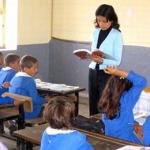Unbearable Situation in Regional Primary Boarding Schools
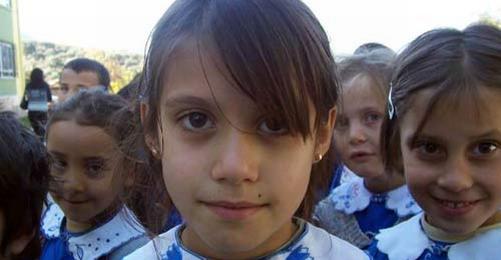
"The Regional Primary Boarding Schools have virtually created a group of victims" said Zübeyde Kılıç, General President of the Education and Science Workers' Union (Eğitim-Sen).
150,000 students in 589 regional boarding schools
The first Regional Primary Boarding School (YİBO) was opened 42 years ago. Today, 150,330 primary school students study in 589 regional boarding schools. 92,000 girls attend the schools and just over one third of the students are male. 31.2 percent of the regional boarding schools have been established in the eastern part of the country, a quarter of all regional boarding schools are set up in the Black Sea region.
The Regional Primary Boarding Schools became subject to controversial discussions after the death of one student and recent allegations of sexual harassment and abuse in the south-eastern city of Siit.
Eğitim-Sen President Kılıç talked to bianet about the problematic situations for students and teachers at the Regional Primary Boarding Schools.
According to Kılıç, "The YİBO schools should have been regarded as a short-term interim solution for schooling, but they became more and more widespread and established over time".
Kılıç continued, "What actually needs to be done is to create schooling for children at the place where they live together with their families - this means tackling the problems of schooling, classrooms and teachers. We urgently need implementations to get this process going as soon as possible. Regarding the problems experienced in the past, precautions must be taken to considerably reduce the risk of maltreatment".
Controlled by military rationale
"Many problems are rendered within the structure of the school since very young students are staying far away from home. Besides troubleshooting related to YİBO schooling and education, YİBO as a whole has become very problematic", Kılıç indicated and listed the following problems:
* The children do not like school. They are disturbed by a terminology that is borrowed from the military rationale, like calling the dormitories 'ward'.
* The children stay at school during the weekends. The schools are far away from home in climatically unsuitable regions for the children. There are no social events organized for them. That is why the children call their schools 'open prisons'.
* The schools' refectories do not meet the children's needs. Hygiene is a problem due to lack of staff, nutrition is not healthy or balanced.
* There is a serious lack of counselling and psychological guidance units and teachers.
Psychological problems
* The physical conditions are not suitable. Students of different ages stay together in very small rooms. Children of different ages share the same bathroom which also leads to various kinds of abuse.
* The young students cannot take care of their daily hygiene, which leads to a number of health problems.
* The separation from their families is the reason for a lack of self confidence and other psychological problems of the children such as the feeling of repression.
* The children cannot see their families due to economic conditions and a lack of communication.
* Ever since the YİBO schools have been founded, the approach of a Turkish-Islamic synthesis was heavily imposed to the children. In eastern and south-eastern Anatolia, where the Regional Primary Boarding Schools are most widespread, children experience even more difficulties to maintain their mother tongue.
Teachers facing serious problems
Kılıç emphasized that not only the children but also the teacher in the YİBO schools face serious problems. "The teachers work under very difficult conditions and are not paid a corresponding salary. Due to a lack of staff, apart from teaching the teachers take care of the children's daily needs. They treat wounds of injured students, take the children to the toilet and clean up the younger students in case they wetted their pants". (SP/VK)
5 Children and 3 Adults Killed in Şırnak in 15 Months
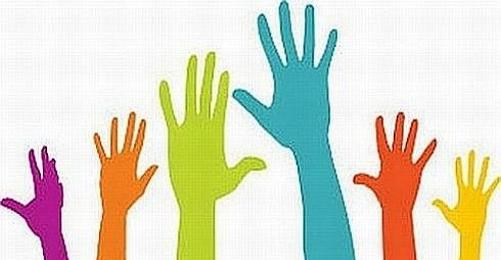
RIGHTS OF THE CHILD
Headscarf as Potential Reason to Take Children from Their Families
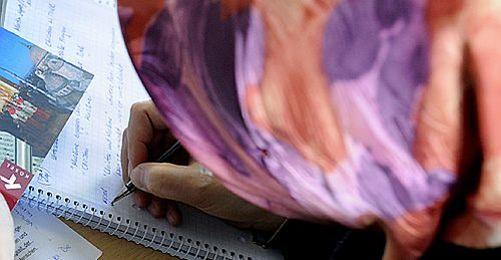
Kurdish Singer Was Granted 10 Percent of Compensation Claim
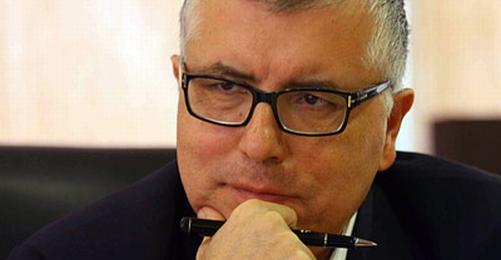
Journalist Birand's Confession on PKK News

7th Istanbul Gathering for Freedom of Thought







